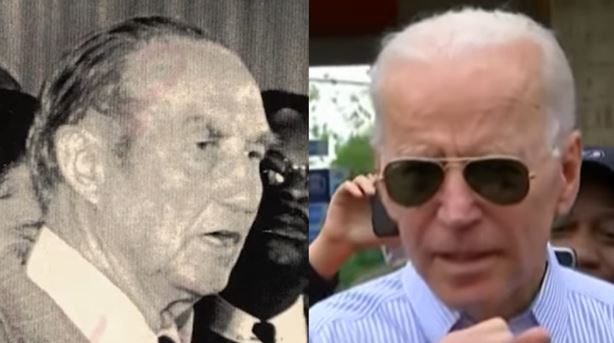Biden’s Controversial Comparison: Republicans and Segregationists

President Joe Biden has sparked a significant controversy with his recent remarks comparing contemporary Republicans to segregationists, suggesting that the latter were more amenable to cooperation despite their views. Biden’s statement, “At least you could work with them,” has ignited a firestorm of debate across the political spectrum, highlighting the intense polarization in American politics.
The President’s comments were intended to criticize the current state of partisanship and gridlock in Congress, particularly among Republicans who have opposed his administration’s policies. By drawing a comparison to segregationists, Biden aimed to emphasize the challenges of negotiating and working with today’s GOP, suggesting that historical figures, despite their deeply flawed ideologies, were more open to dialogue and compromise.
This comparison has drawn sharp criticism from many who argue that equating current political opponents with segregationists minimizes the profound moral and ethical wrongs of segregation and the Civil Rights struggle. Critics assert that such comparisons are not only historically inaccurate but also exacerbate the very polarization Biden critiques.
Supporters of Biden, however, interpret his remarks as a lamentation of the lost art of bipartisan cooperation in Washington, D.C. They argue that the President’s intent was to underscore the urgency of returning to a political climate where despite deep ideological differences, lawmakers could still find common ground on legislation for the nation’s benefit.
The backlash to Biden’s comments underscores the delicate balance political leaders must navigate when discussing the country’s contentious history and its echoes in contemporary political discourse. The controversy also reflects broader societal debates over how to reconcile with the past while addressing the challenges of the present and future.
As the fallout from Biden’s comparison continues, it serves as a potent reminder of the complexities of political rhetoric and the need for careful communication in an era marked by deep divisions. The incident has sparked conversations about the nature of political compromise, the legacy of segregation, and the path forward for bipartisan cooperation in an increasingly polarized environment.




